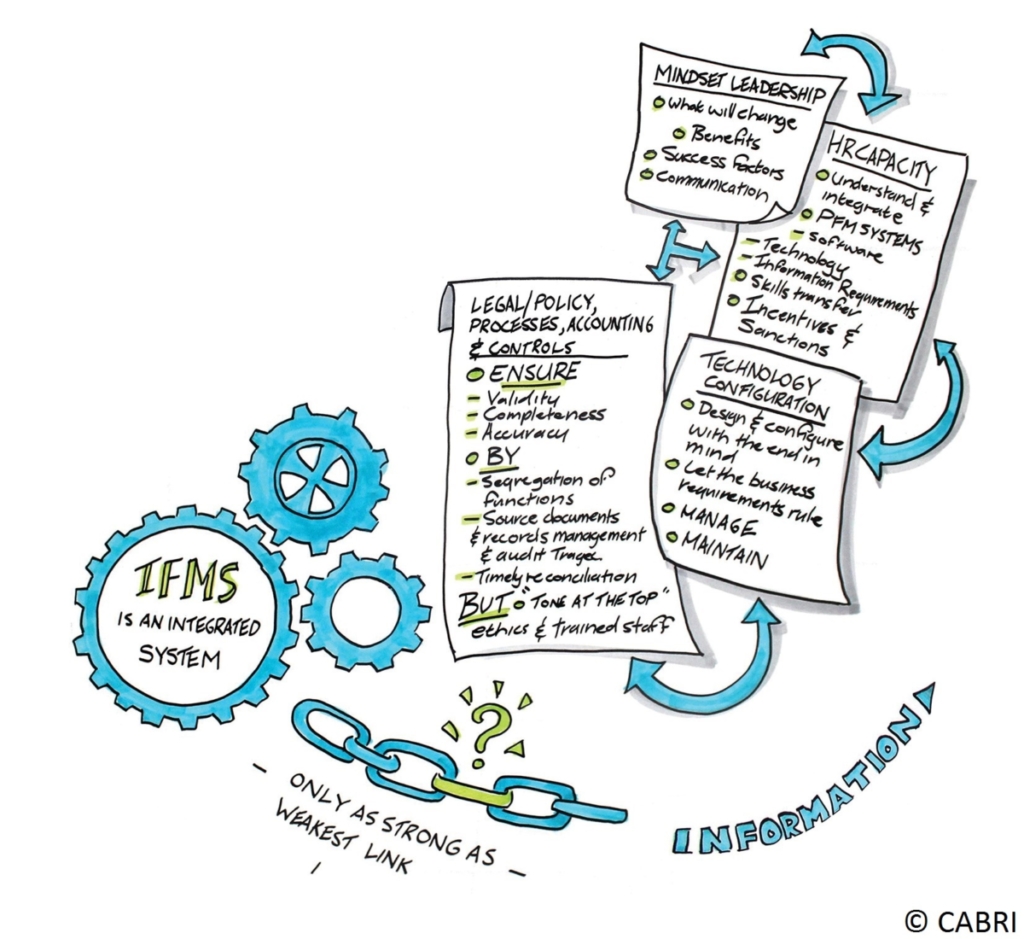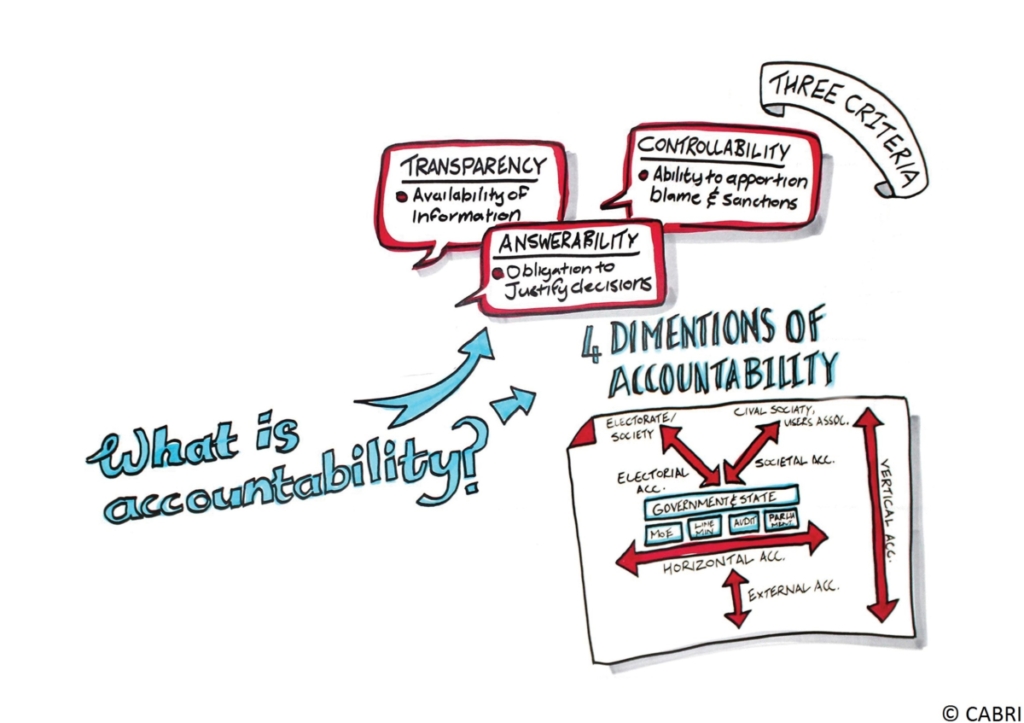Integrated financial management systems (IFMS) will only work if they are adapted to the countries where they are applied – and civil-society monitoring can promote value for money in PFM.
These were the key take-outs from sessions at the two-day public financial management workshop facilitated by CABRI in Kampala, Uganda, on 18 and 19 August 2015.
Senior budget officials from Ghana, Kenya, Lesotho, Liberia, Malawi, The Gambia, Uganda and Zanzibar participated in an interactive workshop format that tackled two central questions:
- Why do PFM reforms often fail?
- What will contribute to greater success?
The workshop programme covered four common PFM reform areas: the policy-budget link, procurement practices, integrated financial management systems, and accountability for better services.
In each session CABRI used different facilitation techniques based on fictitious case studies that represented the challenges and complexities faced by budget officials. The workshop format encouraged frank and open self-reflection. Here are some of the insights from each session.
In this blog, the second in a two-part series, we examine the final two sessions: IFMS, and accountability for better services. In the first part we looked at the policy-budget link, and procurement practices.

Figure 4: IFMS as an integrated system
The session on IFMS was based on an internal memorandum sent by the permanent secretary to the Minister of Finance, describing how the IFMS failed to deliver on expected results, despite huge investments of time and money. With the use of fishbone (or Ishikawa) diagrams, participants identified causes leading to the under-utilisation of the IFMS. These included incompatible technology, non-application of newly adopted formal processes, a reluctance to shift mindsets, and insufficient leadership and capacity.
The session noted that even a technically perfect system will only be functional and sustainable if a range of country-specific pre- and co-conditions are addressed. As an integrated system it is only as strong as its weakest link. In particular, non-information system elements such as aligned business procedures, change management in all government units and the sustained availability of skills internally, are crucial for an IFMS system to be properly managed and maintained.

The session on accountability for better services developed several approaches to how vertical accountability mechanisms – particularly involving citizen and civil-society monitoring of service delivery systems – can support traditional horizontal accountability measures towards better value for money in PFM systems.
For this session, participants designed model initiatives that operationalise the three elements of accountability:
- Transparency, as the availability of useful information
- Controllability, as the ability to identify and blame the responsible party in cases of bad performance
- Answerability, as the obligation of these parties to explain their actions
The participants were asked to step into the shoes of civil society representatives – a role-play to experience what civil society requires from government to participate. They prioritised initiatives aimed at rights awareness and utilisation, monitoring tendered contracts, and utilising social media to monitor services.
The participants acknowledged the value of citizens monitoring and reporting service delivery failures and blockages, and reflected on the need to provide or generate information that is specific and localised for vertical accountability to impact on service delivery.
In the final session the participants brought the lessons of the two days together, reflecting on the usefulness of interrogating problems fully before starting to think about solutions, and undertaking reforms at a country-appropriate pace.
Participants also reflected on their personal take-homes from the workshop. Bernadette Nakabuye, of Uganda, expressed her intention to make regular use of the Ishikawa diagram as “it helps to get a broader perspective”.
Peer exchange was particularly useful for countries embarking on PFM reforms. Samson Mphaka, of Lesotho, commented: “I have benefited a lot from the lessons of other countries.”
Lastly, Michael Kwabo, of Liberia, said he planned to utilise the workshop’s approaches and tools, describing them as “highly interactive and participatory”.
Note. The illustrations were drawn by Grant Johnson from Graphic Harvest to capture key points made during the workshop. This workshop was funded with UK aid from the British people